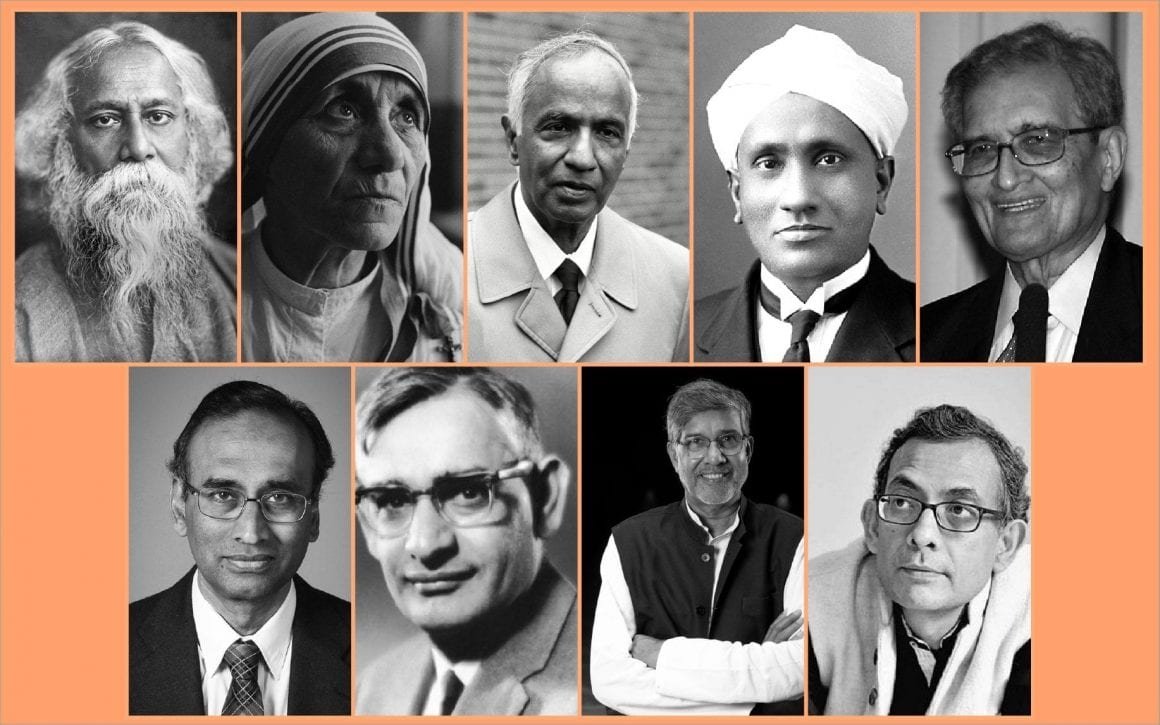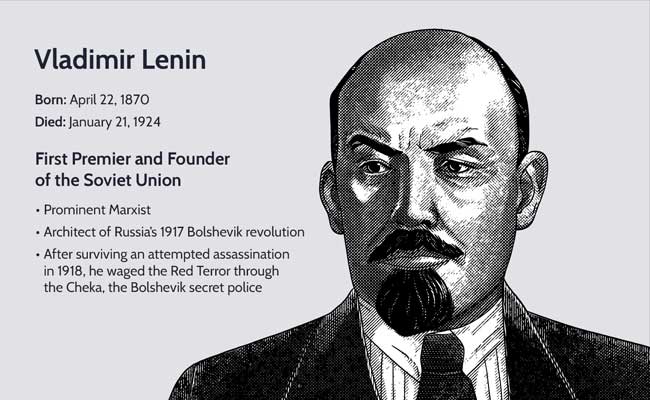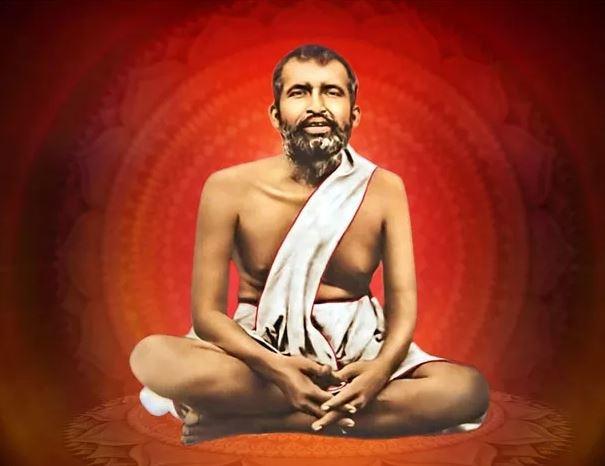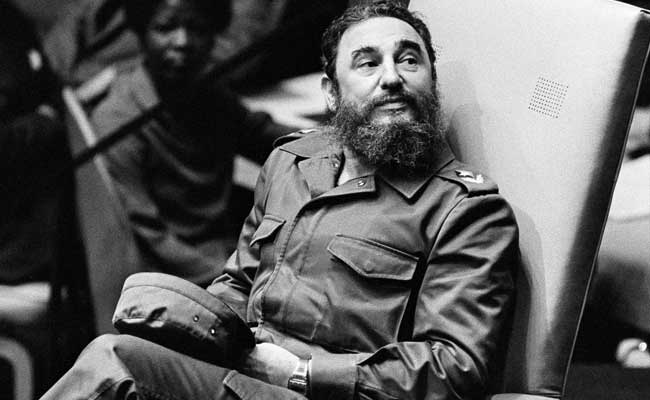India has a proud legacy of intellectual brilliance, innovation, and humanitarian service. Over the years, several Indians have been honored with the Nobel Prize, the world’s most prestigious award across disciplines such as literature, peace, economics, physics, chemistry, and medicine. These laureates have not only brought global recognition to the nation but have also inspired generations. Let’s explore the journey of Indians who have won the Nobel Prize.
Rabindranath Tagore – Literature (1913)
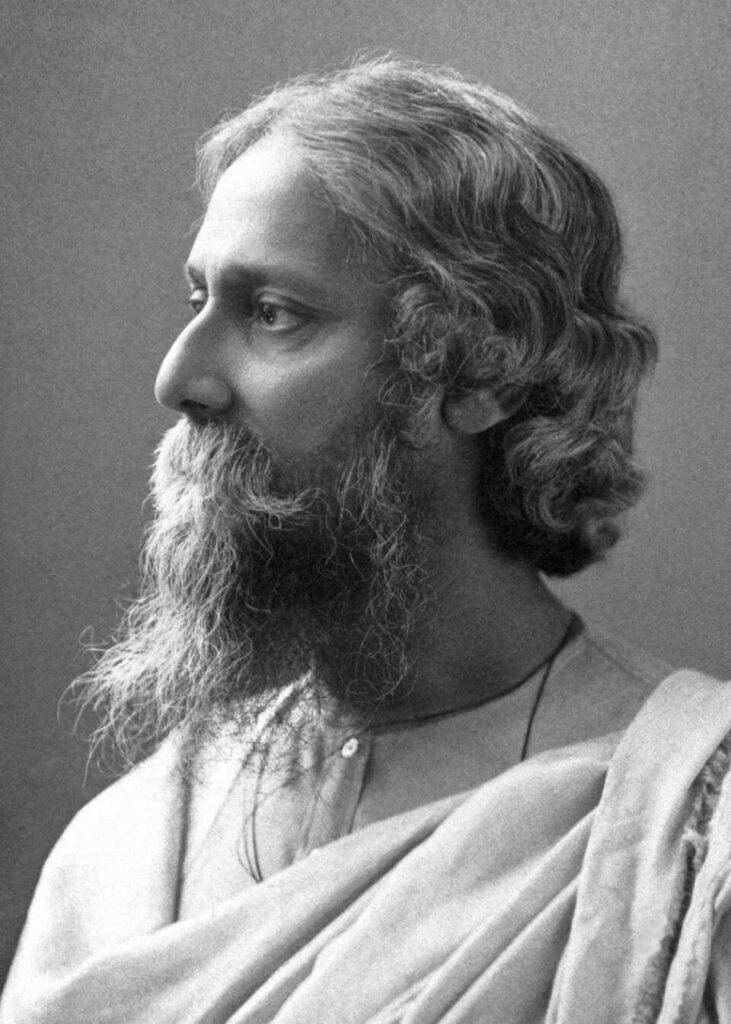
Rabindranath Tagore was the first Asian Nobel Laureate, awarded in 1913 for his exceptional work in literature. He received the honor for his poetry collection “Gitanjali”, which introduced Indian spiritual thought to the Western world. Tagore was not only a poet but also a philosopher, artist, and educationist. His contribution shaped modern Indian literature and culture. He also penned India’s national anthem, Jana Gana Mana.
C.V. Raman – Physics (1930)
Sir Chandrasekhara Venkata Raman, popularly known as C.V. Raman, won the Nobel Prize in Physics in 1930 for his discovery of the Raman Effect. This groundbreaking research explained how light scatters when it passes through different materials. His discovery revolutionized the field of physics and spectroscopy. The 28th of February, the day of his discovery, is celebrated in India as National Science Day.
Har Gobind Khorana – Medicine (1968)
Born in Raipur, Punjab (now in Pakistan), Har Gobind Khorana was awarded the Nobel Prize in Medicine in 1968. Along with Robert W. Holley and Marshall W. Nirenberg, he decoded the genetic code and explained how nucleotides control protein synthesis. His research became the foundation of modern genetic engineering and biotechnology.
Mother Teresa – Peace (1979)
Though born in Skopje (now in North Macedonia), Mother Teresa made India her home and dedicated her life to serving the poor and destitute in Kolkata. She founded the Missionaries of Charity, which worked tirelessly for the sick, orphaned, and homeless. The Nobel Peace Prize was given to her in 1979 because of her unwavering compassion. She became a symbol of selfless service and humanity worldwide.
Subrahmanyan Chandrasekhar – Physics (1983)
Subrahmanyan Chandrasekhar, nephew of C.V. Raman, was honored with the Nobel Prize in Physics in 1983 for his theoretical work on the structure and evolution of stars. His groundbreaking work on black holes and stellar evolution is now known as the Chandrasekhar Limit, a fundamental concept in astrophysics.
Amartya Sen – Economics (1998)
The Nobel Prize in Economics was awarded to Amartya Sen in 1998 for his remarkable contributions to welfare economics and social choice theory. His research highlighted the role of social reforms, poverty eradication, and education in development. Sen’s seminal book, Development as Freedom, which placed emphasis on human development outside of simple GDP expansion, transformed the way the world thinks about economics.
Venkatraman Ramakrishnan – Chemistry (2009)
Venkatraman Ramakrishnan, an Indian-American structural biologist, won the Nobel Prize in Chemistry in 2009. His research focused on the structure and function of the ribosome, which plays a key role in protein synthesis in living cells. His discovery deepened scientific understanding of how life functions at the molecular level.
Kailash Satyarthi – Peace (2014)
Kailash Satyarthi, an Indian child rights activist, won the Nobel Peace Prize in 2014, which he shared with Malala Yousafzai. He has dedicated his life to rescuing children from bonded labor and advocating for their right to education. His organization, Bachpan Bachao Andolan, has liberated thousands of children and continues to fight against child exploitation globally.
Abhijit Banerjee – Economics (2019)
Indian-American economist Abhijit Banerjee, along with Esther Duflo and Michael Kremer, was awarded the Nobel Prize in Economics in 2019. Their experimental approach to alleviating global poverty through field studies has changed the way policymakers design welfare programs. Banerjee’s work focuses on practical solutions for poverty, health, and education in developing countries.
From Rabindranath Tagore’s literary genius to Abhijit Banerjee’s economic reforms, Indians have left an indelible mark on the Nobel Prize legacy. These laureates represent India’s contribution to literature, science, peace, and economics, making the nation proud on the global stage. Their achievements are not just awards but milestones that inspire future generations to dream, innovate, and serve humanity.
10 Top Richest Person in India 2025
Maharana Pratap: The Fearless Rajput Warrior
Read Also: Laravel Framework Web Development
![]()

